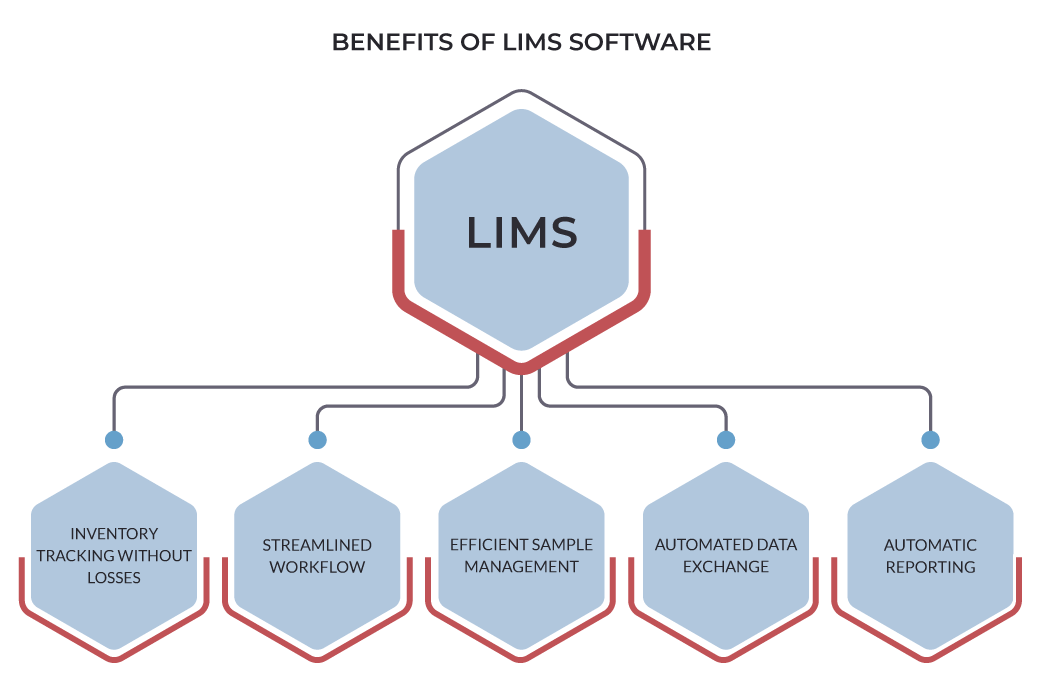
Business
Business is the activity of making one's living or making
money by producing or buying and selling products (such as goods and services. Simply
put, it is "any activity or enterprise entered into for profit. It does
not mean it is a company, a corporation, partnership, or have any such formal
organization, but it can range from a street peddler to General Motors."
Forms of business
- Sole proprietorship: A sole proprietorship, also known as
a sole trader, is owned by one person and operates for their benefit. The owner
operates the business alone and may hire employees. A sole proprietor has
unlimited liability for all obligations incurred by the business, whether from
operating costs or judgments against the business. All assets of the business belong
to a sole proprietor, including, for example, a computer infrastructure, any
inventory, manufacturing equipment, or retail fixtures, as well as any real
property owned by the sole proprietor.
- Partnership: A partnership is a business owned by two or more
people. In most forms of partnerships, each partner has unlimited liability for
the debts incurred by the business. The three most prevalent types of
for-profit partnerships are general partnerships, limited partnerships, and
limited liability partnerships.
- Corporation: The owners of a corporation have limited
liability and the business has a separate legal personality from its owners.
Corporations can be either government-owned or privately owned, and they can
organize either for profit or as nonprofit organizations. A privately owned,
for-profit corporation is owned by its shareholders, who elect a board of
directors to direct the corporation and hire its managerial staff. A privately
owned, for-profit corporation can be either privately held by a small group of
individuals, or publicly held, with publicly traded shares listed on a stock
exchange.
- Cooperative: Often referred to as a "co-op", a
cooperative is a limited-liability business that can organize as for-profit or
not-for-profit. A cooperative differs from a corporation in that it has
members, not shareholders, and they share decision-making authority.
Cooperatives are typically classified as either consumer cooperatives or worker
cooperatives. Cooperatives are fundamental to the ideology of economic
democracy.
- Limited liability companies (LLC), limited liability
partnerships, and other specific types of business organization protect their
owners or shareholders from business failure by doing business under a separate
legal entity with certain legal protections. In contrast, unincorporated
businesses or persons working on their own are usually not as protected.
- Franchises: A franchise is a system in which
entrepreneurs purchase the rights to open and run a business from a larger
corporation. Franchising in the United States is widespread and is a major
economic powerhouse. One out of twelve retail businesses in the United States
are franchised and 8 million people are employed in a franchised business.
- A company limited by guarantee: Commonly used where
companies are formed for non-commercial purposes, such as clubs or charities.
The members guarantee the payment of certain (usually nominal) amounts if the
company goes into insolvent liquidation, but otherwise, they have no economic
rights in relation to the company. This type of company is common in England. A
company limited by guarantee may be with or without having share capital.
- A company limited by shares: The most common form of the company used for business ventures. Specifically, a limited company is a "company in which the liability of each shareholder is limited to the amount individually invested" with corporations being "the most common example of a limited company."
- Business Basics
- Financial Management
- Legal / Regulatory Compliance
- Personnel Management
- Sales Management
- Marketing Practices
- Accounting Principles
- Inventory Control
- Taxes and Your Business Organization
- ethical and social responsibility
- international business
- business ownership
- entrepreneurship and franchises
- analysis on products and pricing
- Business Mathematic
- Business Statistics
- Managerial Economics
- Office Management & Automation
- Cost Accounting
- Income Tax
- Organizational Behaviour
Recent Published
Submit Manuscript
To give your manuscript the best chance of publication, follow these policies and formatting guidelines.


